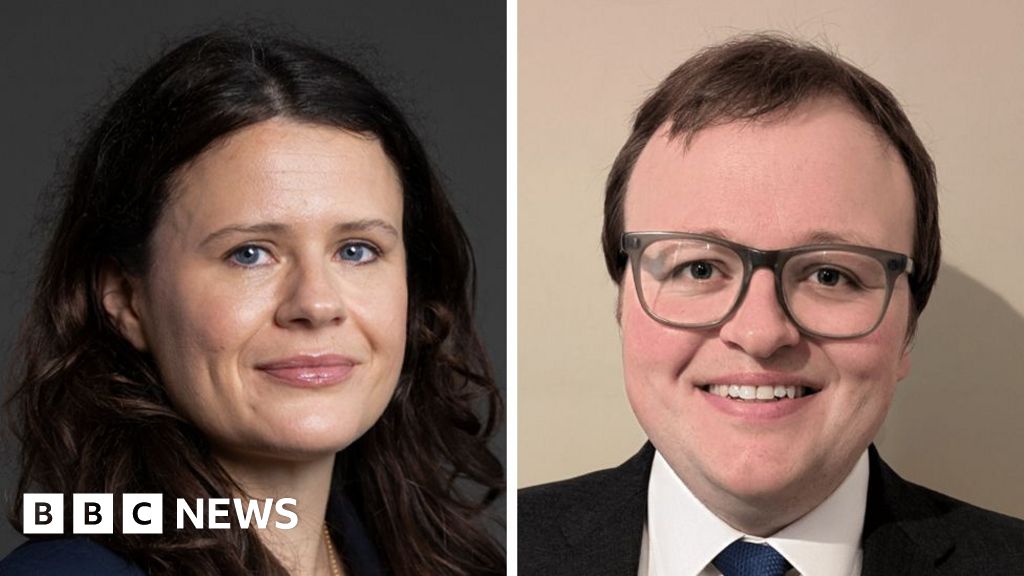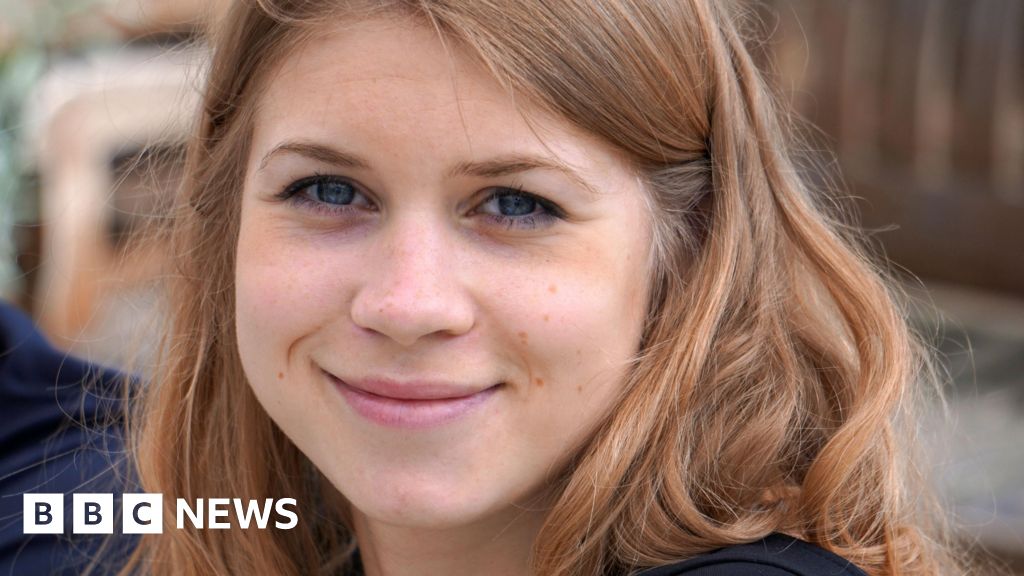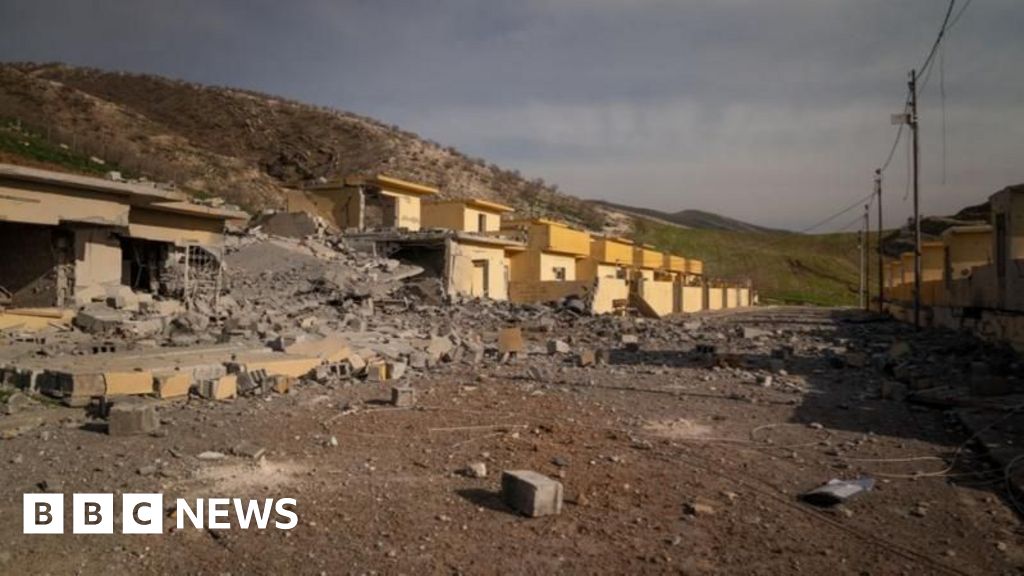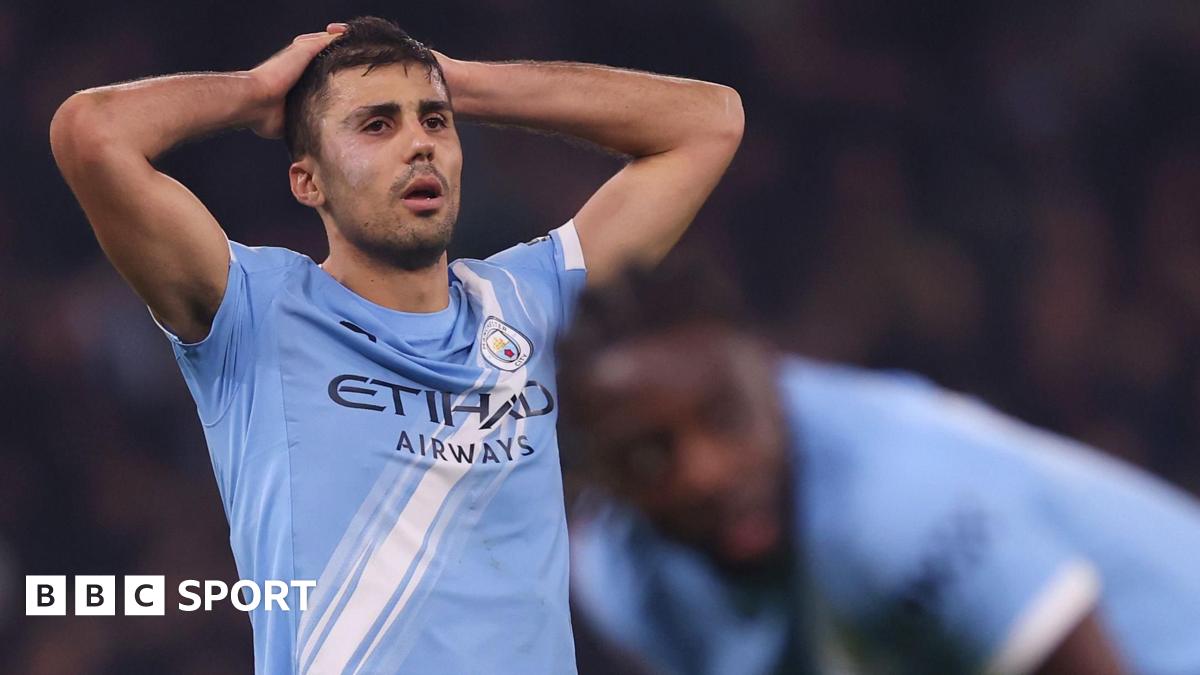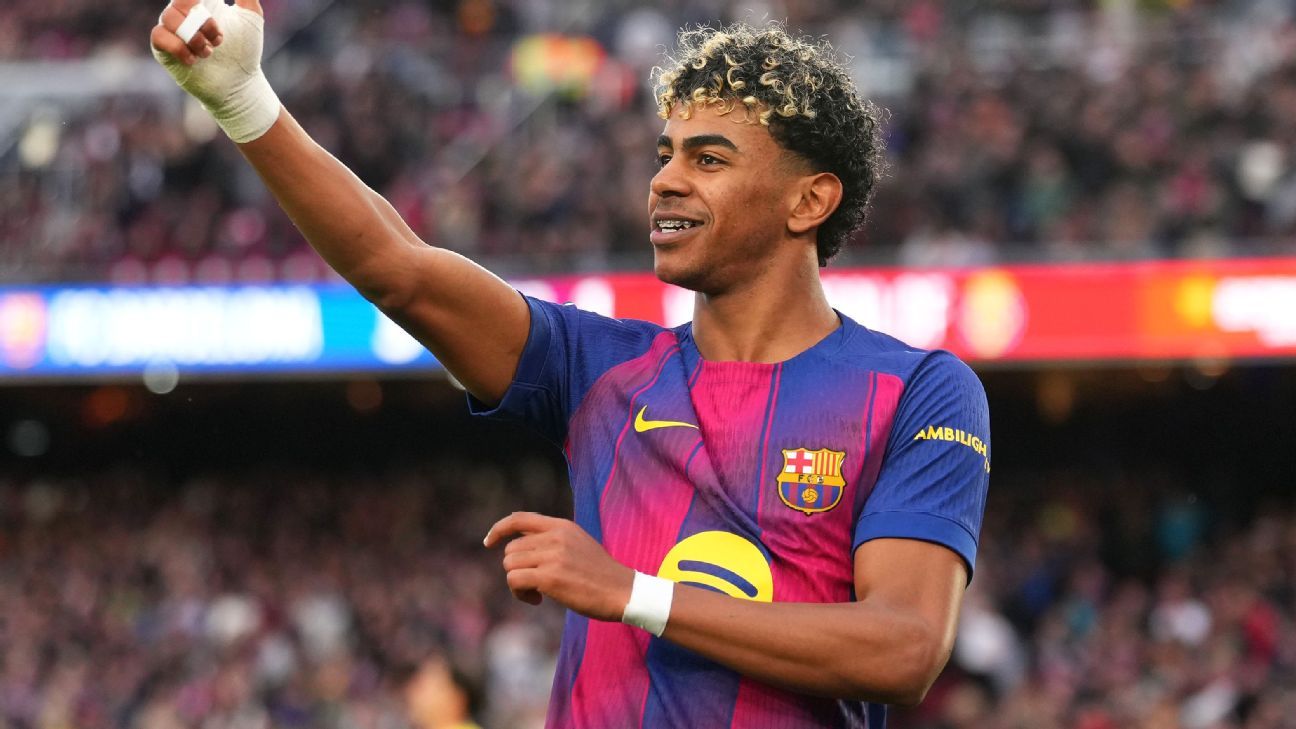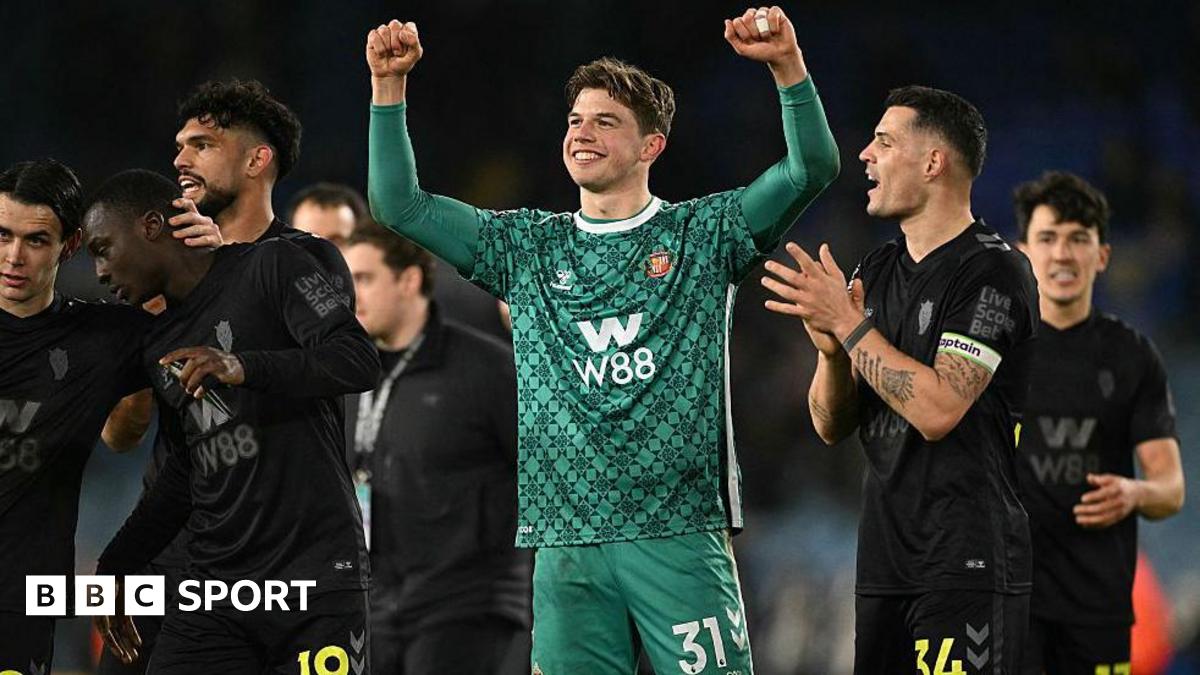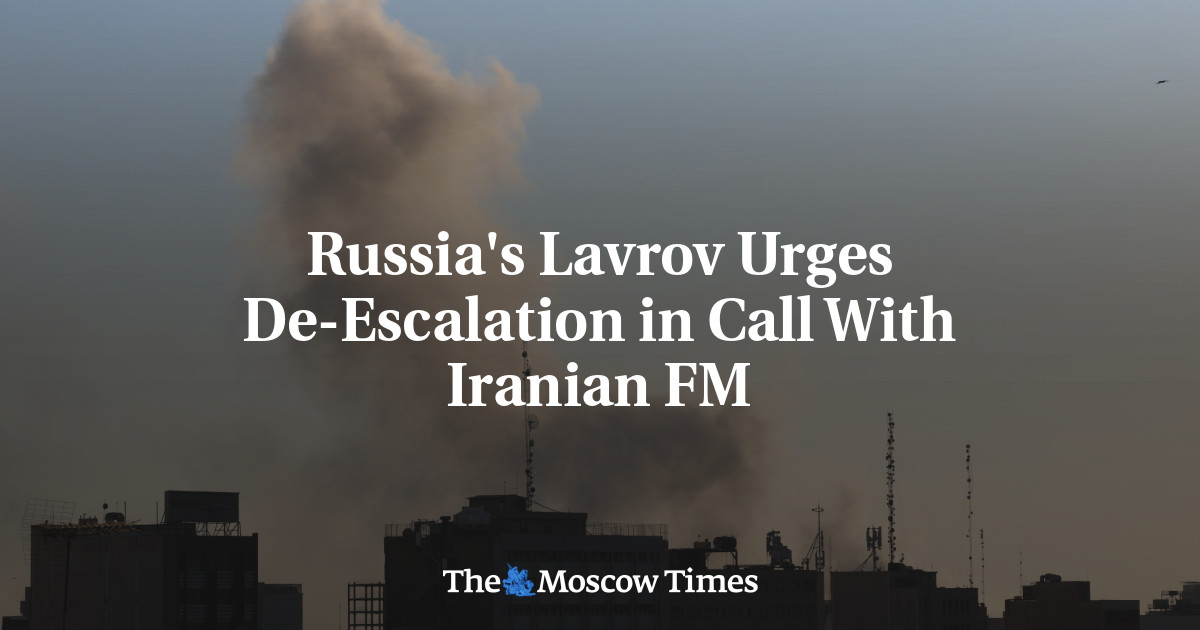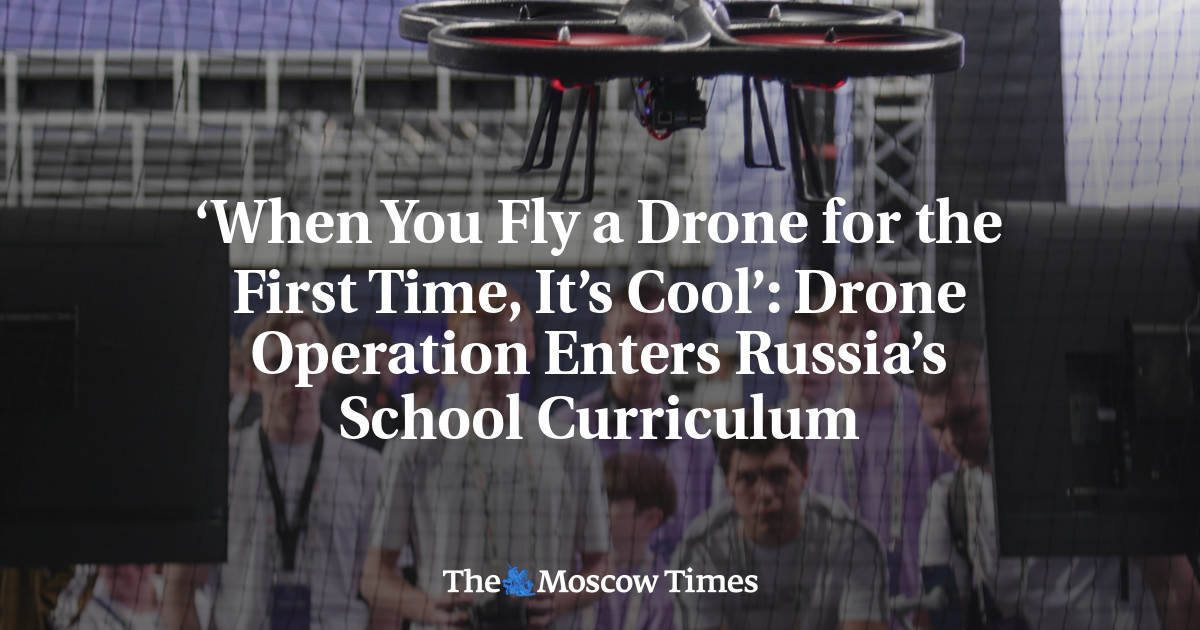- The source of the 2023 cholera outbreak remains unknown, but the failed Rooiwal wastewater treatment plant project, led by infamous tenderpreneur Edwin Sodi, has long been the prime suspect.
- The City of Tshwane recently asked the National Treasury to blacklist Sodi from government contracts for 10 years. Sodi blamed the collapse of the R291 million project on his business partner, Rudolf Schoeman Jnr, who died in mysterious circumstances in March 2023, after allegedly stealing R1.2 million from Sodi.
- amaBhungane’s five-part investigation unpacks how Schoeman and his company, CMS Water Engineering, secured R2 billion in government tenders before allegedly self-immolating in a haze of drugs, alcohol and underhanded business dealings.
In the early hours of 6 March 2023, Rudolf Schoeman Jnr was found dead in his Bryanston home.
The four-bedroom luxury townhouse was often filled with strangers coming in and out for lavish parties – making it difficult to notice if anyone present that night was out of place. Rudolf himself was prone to disappearing from time to time, which meant his absence from a room wouldn’t have been particularly noteworthy either.
However, in the cold light of day, it became clear that while a party had been raging upstairs, something far darker had occurred downstairs.
Rudolf was found by one of his employees, splayed on the ground surrounded by shattered glass. His face, we’ve been told, was streaked with lines of blood and slightly swollen in parts, suggesting that an altercation may have occurred.
Yet the official police report would say that Rudolf, 40, had died of natural causes.
Cholera kills
Two months later, in the dusty streets of Hammanskraal, on the outskirts of Pretoria, people started getting sick with a terrifying disease that hadn’t been seen in South Africa for 14 years.
Cholera kills surprisingly quickly. Within hours, the bacteria – vibrio cholerae – hijacks your small intestine, and it begins expelling astonishing amounts of water from the body as diarrhoea.
Victims can lose 10 to 20 litres of water a day. As extreme dehydration shuts down internal organs, some patients lapse into shock, coma and, eventually, death.
In February 2023, two sisters travelling from Malawi picked up cholera and brought it back to Joburg. By the end of the month, there were six confirmed cases and one death.
Even then, the outbreak was largely contained.
Until May, when it hit Hammanskraal and the number of cases exploded.
By August, there had been 1 290 cases and 47 deaths.
READ | amaBhungane: Who went to Paris with Paul? Tenderpreneur joined Mashatile’s France-SA business trip
But what did the suspicious death of Rudolf Schoeman Jnr, a flashy Joburg businessman, have to do with the undignified and tragic death of people in Hammanskraal?
Two years ago, amaBhungane began digging.
What we found was that Rudolf and his company, CMS Water Engineering, had left a trail of destruction across four provinces: broken sewage plants, unpaid workers, and millions of people with dry taps or contaminated drinking water. (Note: we’ve used Rudolf’s first name throughout because his father, who founded CMS, is also Rudolf Schoeman.)
Buried in court papers and leaked company documents, we found evidence of BEE fronting, allegations of bribery, and strange investment schemes involving lamb and gold.
Even the prolific tenderpreneur Edwin Sodi – who partnered with Rudolf on R470 million worth of projects – would end up charging him with fraud.
Yet opinions on Rudolf and the business he built remain divided.
One former employee, who lost everything when CMS closed, told us: “I really wish you had met Rudolf before… I wish you had met the businessman that I came to know because that guy – jis – he would have taken us places. If that guy was still here today, I would still be working for CMS.”
A former business associate wasn’t so forgiving: “I believe he was a f*cking piece of shit, this fellow. I believe he got killed because of nonsense like this.”
Four years earlier
Joburg was a city that marked both the highest and lowest points of Rudolf’s life. It was where he kept his private plane, his wardrobe filled with designer clothes, and where he rubbed shoulders with the politically connected people who could help him land government contracts.
Four years before his death, Rudolf’s company, CMS Water Engineering, had landed its biggest contract to date: a R291 million upgrade of the Rooiwal wastewater plant in Pretoria.
For over a decade, the Rooiwal plant had been dysfunctional, allowing raw sewage to flow directly through the works and into the Apies River. Some 20km downstream this river runs into the Leeukraal Dam, which is the primary source of raw water for half of Hammanskraal’s 400 000 residents.

On a good day, the Rooiwal plant can treat 110 million litres of sewage. But on an average day, Pretoria sends 150 million litres of waste in Rooiwal’s direction.
The City of Tshwane was first warned about this dire situation in 2004. Nothing happened.
In 2011, with raw sewage pouring into the Apies, the water department declared the river a disaster area. In 2019, in an act of desperation, the minister asked the Pretoria High Court to declare that the City of Tshwane – under DA control since 2016 – had failed to comply with its legal obligations to protect the environment.
The situation in Hammanskraal had become a “never-ending water crisis”, the South African Human Rights Commission would later say, with political parties offering “never-ending promises to residents”.
So when the municipality announced, in October 2019, that it had appointed Rudolf’s company to fix part of the Rooiwal plant at a cost of R291 million, it felt like light at the end of a very long tunnel.
“The ‘fantastic’ Rooiwal tender that everybody’s talking about? The day we got the award for Rooiwal I said this tender is either going to make CMS or break CMS, because it’s the biggest one we’ve ever gotten,” the former employee told us. “And funny that ended up being the exact thing that sank us.”
Inside CMS
To secure the contract, CMS Water had partnered with NJR Projects, a civil engineering firm owned by Sodi.
The deal was that CMS and two Sodi companies would form a joint venture (JV). CMS would handle the mechanical and electrical engineering work (for 40% of the contract value), while NJR and another Sodi company, Blackhead Consulting, would cover the rest.
Sodi was well-connected but also tainted: six months earlier, the book Gangster State revealed that Sodi’s company had landed a dubious R255 million contract to remove asbestos from buildings in the Free State.
That 2014 contract was awarded without a tender, the work had been outsourced at a fraction of the cost, yet R230 million was paid to Sodi and his business partner, Igo Mpambani.
ALSO READ | amaBhungane: Bus driver arrest deepens Intercape and taxi violence row
Among the evidence unearthed in Gangster State was a “cost of business” schedule which included R27 million in alleged bribes for five government officials, including then-premier Ace Magashule (an allegation for which both men are currently on trial).
In 2017, Mpambani was assassinated in broad daylight while driving his Bentley through Sandton. But Sodi kept climbing.
In 2020, he openly told the state capture commission that he had lavished payments on politicians, including then-health minister Zweli Mkhize, then-deputy state security minister Zizi Kodwa and current Deputy President Paul Mashatile.
Rudolf wasn’t a political animal in the way Sodi was.
According to a former staff member, he occasionally donated to the ANC, but it appears that his biggest investment was in personal relationships with people – from all political parties – that he thought could swing contracts his way.
As the former employee told us: “He didn’t like the ANC because they were the ANC, he liked the ANC because they had power. He also had ties with EFF leaders and DA leaders… I remember a bachelor’s we went to in [Potchefstroom], he started buying drinks for local EFF leaders, saying ‘these are big tjommies of mine, they’re going to give us lots of work’.”
Outrage over Rooiwal
Almost immediately, there were questions about how CMS, NJR and Blackhead had secured the Rooiwal contract.
The bid evaluation report shows that there were eight companies vying for the contract; two – Aveng Grinaker-LTA and CSV Construction – were eliminated for failing to complete documents; another five bidders were eliminated during the technical evaluation phase.
This left just one compliant bid: Sodi and Rudolf’s bid at R291 million.

An investigation by the City of Tshwane would later conclude that their bid should have been eliminated in the first round because Blackhead Consulting wasn’t registered with the Construction Industry Development Board (a requirement) and had asked for R10 million in professional fees (a no-go).
It added: “The scoring for relevant management experience was irregular in that certain points were not awarded to bidders who had clearly submitted proof of management experience.”
On top of that, CMS, NJR and Blackhead had offered to supply different equipment to the kind that the tender asked for. “This ought to have disqualified the bid of the CMS, NJR and Blackhead JV,” the City concluded.
The scoring of the bids should have been interrogated by a second committee, but records suggest that this second bid adjudication committee (BAC) had barely engaged.
“The BAC met on 25 July 2019. That meeting only lasted a total of four minutes… the BAC merely rubber stamped the recommendation of the BEC (bid evaluation committee) without interrogating it,” the City added.
“It is concerning,” Machwene Semenya, an ANC MP and head of Parliament’s Portfolio Committee on Water, said at the time, “that the bid evaluation committee was unable to detect deficiencies at the evaluation stage”.
Sinister forces
In fact, there had been two attempts to cancel the Rooiwal contract before it began: in September 2019, rival bidder Bicacon tried to interdict the award arguing that the scoring of the bids was irregular.
The City opposed that case and won, but by January 2020, it had developed doubts as well and cancelled the contract over a technicality.
But Rudolf, who used to be a lawyer, fought back: “The immediate implementation of the agreement is a matter of extreme urgency… the discharge of raw sewage causes serious environmental degradation and directly impacts upon the lives of those members of the community living downstream from the Rooiwal plant,” he wrote in urgent court filings, sounding more like an advocate for a non-profit than a businessman trying to hold onto a R291 million deal.
“The result,” he added, “is that for the last decade the Hammanskraal community has been without an adequate source of clean potable water.” Allowing CMS, NJR and Blackhead to keep the contract would be the only way to end “the tremendous prejudice the relevant communities are suffering”.
READ MORE | Online gambling explosion: SA’s R1.14-trillion betting industry grows 550% in four years
As a final flourish he warned: “It has… become clear that there are sinister forces operating behind the scenes, which clearly have the aim of derailing the implementation of the contract awarded to the JV. What is clear is that there are various unscrupulous parties that potentially stand to gain from the cancellation of the contract and from a resultant delay, to the detriment of the community.”
Suitably cowed, the City decided not to oppose this second case, and by March 2020, Sodi and Rudolf were back in charge of the Rooiwal project.
“The City of Tshwane received advice at the time that the cancellation could not be lawfully justified, and the matter could not be successfully defended at the time,” spokesperson Selby Bokaba told us last year.
It would take another two years for the City’s investigation to produce the evidence it needed to kick Sodi and Rudolf off the contract. And two years was plenty of time to bleed the City dry.
R18 000 a day
As soon as the Rooiwal contract was handed back to Sodi and Rudolf in March 2020, they asked the City of Tshwane for a series of upfront payments to fund expensive pieces of equipment.
The City baulked, but with pressure to fix Rooiwal mounting, it eventually agreed to transfer R71 million to the joint venture.
By November 2021, that money was gone and the Rooiwal project was falling dangerously far behind schedule:
The initial deadline had to be extended due to Covid-19 regulations. The JV started experiencing challenges and the City met with them in a bid to intervene to assist the acceleration of the [project],” Bokaba told us in a written response, adding: ‘There were a number of intervention meetings…’
Then, in December 2021, a critical piece of equipment – a dewatering belt press – arrived in Durban port.
The belt press was part of the mechanical and electrical works, the half of the project CMS was responsible for completing. Six months earlier, CMS Water had paid a 35% deposit of €278 250 (R4.7 million) to Bellmer, the manufacturer in Germany, and, as promised, a container-sized wooden box had arrived with CMS’s name on it.
Now CMS needed to come up with the remaining €500 000 (roughly R10 million), plus shipping costs, demurrage, customs fees and VAT. All of which were going to be an issue.
Meanwhile, the costs of leaving a container-sized box in the port was racking up at R18 000 per day.
Enter Sodi
In March 2022, a CMS Water employee reached out to Franco van der Merwe of VDM Cargo Solutions to arrange for the belt press to be released from Durban harbour and transported to Rooiwal. Van der Merwe had dealt with CMS Water before, and it had taken six months and a lot of empty promises from Rudolf to get paid, so this time he asked to be paid upfront.
“CMS Water indicated that they would be able to raise the funds from the [joint venture partner]… as CMS had cash flow issues at the time,” Van der Merwe later wrote in an affidavit to the police.
At the end of March 2022, Sodi paid R4 million to Van der Merwe’s VDM Cargo Solutions. And this is where things went spectacularly pear-shaped.
Rudolf still owed money to Bellmer, the supplier in Germany which had to be paid first, so he asked Van der Merwe if he could “borrow… R1.2 million from the funds paid by [NJR] in order to pay salaries and possibly the outstanding amount owed to Bellmer”.
“The agreement was that CMS Water would pay back the money… within a couple of days,” Van der Merwe later told the police.
READ | amaBhungane: Ties that bind - Inside Mashatile’s inner circle behind SA’s new lottery operator
As he saw it, the money had been paid on CMS’s behalf, so it was “unimaginable” that CMS borrowing from its own account “could be considered a criminal offence”.
It became clear a week later, Van der Merwe said, that CMS was having trouble paying back the loan.
By the end of April 2022, Rudolf had found the money to pay Bellmer but was either unable or unwilling to return the R1.2 million to VDM that was needed to cover the rapidly rising port storage costs.
“It was around this time that [NJR Projects] made direct contact… to establish the reason for the delay in delivering the goods,” Van der Merwe wrote in his affidavit. “I was very upfront about the loan to CMS Water and explained that the port charges were accumulating daily and that a further payment would be required to cover the shortfall. CMS continued to promise payment every week, which never happened.”
Arrest
Sodi, of course, was furious and opened a case of theft and fraud against Rudolf, who was arrested and charged.
Rudolf would later tell his staff that NJR Projects had stolen money from him and that Sodi had opened a case against him pre-emptively “to make him look like the guilty one”.
Sodi and his company ignored our questions, but no evidence has emerged to support this claim, and the former staff member described it as a “bullshit story”.
But there does seem to have been a kernel of truth to it: Rudolf was convinced that Sodi and NJR were taking too much money from the Rooiwal project.
READ MORE | amaBhungane: Lottery jackpot - Mashatile’s family tied to new multibillion-rand operator deal
“When a payment certificate came in from Rooiwal, there was always a fight,” the former employee told us. “Edwin [Sodi] would say that the money that we’re claiming, they don’t agree with, we don’t need so much… Rudolph said that every time he compromises… he said they now owe him millions of rands, and… the expenditure for the civil works was already 100% paid out to them but they still want more money.”
So when Sodi deposited R4 million in VDM’s account, it appears that Rudolf saw a chance to grab some money off the table.
It’s hard to underscore just how reckless this was. R1.2 million should have been pocket change for a company of CMS’s size: only months earlier, the company had declared R98 million in revenue, but internal records show that for months staff had been short-paid, and creditors had been piling up.
Rudolf was now gambling with CMS’s make-or-break contract.
‘They have misled everyone’
Tshwane officials were getting nervous as well.
Since the belt press arrived in Durban in December 2021, progress on the Rooiwal site had been dismal. No one had returned to work after the builder’s holiday in January 2022, prompting a termination letter that gave CMS and NJR 14 days to return to site, failing which the contract would be cancelled.
Crews had finally returned to site on the final day of the deadline, but by March 2022, the City was threatening to cancel the contract again, unless CMS submitted a decent recovery plan.
In May, with no sign of the belt press, the consulting engineers told the City: “We have requested the contractor to provide a full statement as to how much is still being owed, when they are paying and moving the equipment. They have misled everyone by saying that all the costs pertaining to the equipment clearances, tax, bill of lading and storage have been fully paid and delivery is confirmed.”
READ | amaBhungane: Scam Empire Part 3 - Money in, money out
They added: “The contractor has failed on his obligations and has again failed to proceed with the works, in [our] opinion.”
By now, officials were questioning whether the belt press even existed: “[City of Tshwane representatives] contacted me directly as they started having doubts about the facts presented by CMS Water and wanted to arrange an inspection to view the goods [at the port],” Van der Merwe told the police.
The Rooiwal contract was officially cancelled in August 2022, after the City’s investigation belatedly concluded that the 2019 tender award was indeed flawed.
“It became clear to the City that the JV was in no position to complete the work it had started,” Bokaba, the City of Tshwane spokesperson, told us last year.
It took another seven months to get the belt press released from the port, and only after the City agreed to pay R8.4 million to cover CMS’s now astronomical port storage bill.
It arrived at the failing Rooiwal plant in March 2023, just as the first cholera cases began appearing in Joburg.
Prime suspect
Cholera shouldn’t exist in South Africa or in any country with the necessary infrastructure to keep drinking water and wastewater apart. The two systems are unavoidably linked: wastewater – sewage – flows into a treatment plant where waste is removed and clean water discharged into a river; downstream the same water is extracted, purified again, and piped back into a new set of homes as drinking water.
At least in theory.
While the exact cause of the Hammanskraal outbreak was never determined, the sewage-laced water in the Apies River and Leeukraal Dam has always been the prime suspect.
“The original source of the cholera infection has not been located. However, it is highly likely that the cholera outbreak… is related to the pollution of water sources in the area from the City’s Rooiwal Wastewater (sewage) Treatment Works upstream of Hammanskraal,” the Department of Water and Sanitation announced within days of the first case.
READ MORE | amaBhungane: Dirty Fuels part 2 - PetroSA’s R11 billion ‘contaminated’ petrol deal
For years, the waste dumped by Rooiwal into the Apies River had allowed harmful bacteria – such as E. coli, salmonella, and shigella – to thrive, making it impossible for the Temba water treatment works to turn the contaminated Leeukraal Dam water into clean drinking water.
Rudolf had explained in his 2020 court challenge:
The water treatment works is designed to treat water of a certain quality. Should the quality of the water which is being treated be worse than what the plant is designed for, the plant cannot cope with the load and fails.
Although hundreds more cases appeared in June and July 2023, tests were never able to pinpoint where cholera in Hammanskraal was coming from.
Residents had long since learnt not to drink the water from their taps, relying instead on a chaotic system of water tanker trucks. The City had received reports of water tankers illegally selling water sourced from fire hydrants in the Hammanskraal area, but with 27 companies supplying 96 tankers a culprit was never identified.
Only one sample, collected from the Apies River, tested positive for cholera. All the other samples – collected from taps, water tankers and Rooiwal itself – came back negative.
Fraud
By the time the cholera outbreak petered out in August 2023, there had been 1 290 suspected cases and 47 deaths, mostly in Hammanskraal.
Officially, the City of Tshwane doesn’t acknowledge a link between the cholera outbreak and the failed Rooiwal project.
“The cause of the cholera outbreak remains unknown. Credible research institutions… could not find any conclusive evidence that the cholera outbreak was from the City’s water resources,” the City’s then-mayoral spokesperson Sipho Stuurman told us when we spoke to him last year. “No research finding has linked Rooiwal to the Hammanskraal cholera outbreak.”
Still, R291 million had been spent, the Rooiwal project lay abandoned, and accusing fingers began pointing at Sodi.
ALSO READ | amaBhungane: IDT mistrust - How minister Zikalala and his ‘comrade chair’ nixed probes into CEO
In June 2023, the City announced it would ask National Treasury to blacklist Sodi for government contracts for the next 10 years. But Sodi protested: “The completion of the [Rooiwal] project ultimately failed due to the fraudulent conduct of Mr [Rudolf] Schoeman,” he told the City in a 2023 letter, a copy of which was provided to the Sowetan.
“The consequence of the fraud perpetrated by Mr Schoeman resulted in NJR (Sodi’s firm) laying criminal charges with the SAPS (South African Police Service) and, pursuant to an investigation, Mr Schoeman was arrested and charged with fraud.”
Rudolf, by this point, was dead and, conveniently for Sodi, dead men can’t defend themselves. But did he have a point?
The life and death of a tenderpreneur
When we began digging into the Rooiwal project last year, we initially focused on Sodi, the quintessential tenderpreneur. But soon, our sources were urging us to take a closer look at Rudolf.
What we discovered was that Rooiwal wasn’t the first time Rudolf had been accused of fraud, nor was it the first time that CMS Water had left a project unfinished.
In 2019, CMS Water had been red-flagged by the Auditor-General for irregularities related to an R85 million tender in Rustenburg. By the time it landed the R291 million Rooiwal contract, six months later, this contract was already under investigation by the Hawks.
In June this year, the Pretoria High Court ordered CMS and NJR to pay back the profits they made on the Rooiwal project. But the City of Tshwane isn’t the only municipality knocking on CMS’s now-abandoned door.
By the time CMS was liquidated in February last year, more than R1 billion worth of government contracts had either been cancelled or ceded to other companies to complete.

We asked Rudolf’s widow and his father (and long-term business partner) if they wanted to speak on his behalf – both declined.
But some former employees were willing to speak. Some agreed only if we didn’t use their names: since the Rooiwal debacle, many have struggled to find work and discover they’re only invited to interviews to share an insider’s perspective on the company’s implosion. Some spoke to investigators appointed by CMS Water’s liquidator, who then included their interviews in court papers.
They described Rudolf as ambitious and charismatic, but also delusional at times.
“Rudolf bly in ‘n droomwêreld,” one long-time staff member told CMS’s liquidators. “Hy hallusineer, sy dwelms en sy drank maak dat hy onrealistiese gedagtes het en sekere goed sien as moontlik wanneer ons almal weet dit is nie.” (Rudolf lives in a dream world … He hallucinates, his drugs and his drinking give him unrealistic ideas, and he sees certain things as possible when we all know they aren’t.)
But to a degree, Rudolf wasn’t delusional: it was possible to secure R2 billion worth of government contracts and – despite failing on many – keep securing more.
How he did it is a story for Part 2.
Want to hear the story told by the journalists who did the digging? Listen to the DEADLY WATER podcast. Or sign up to our newsletter and get each DEADLY WATER article and podcast delivered to your inbox.

 (1).png)
 4 months ago
17
4 months ago
17
